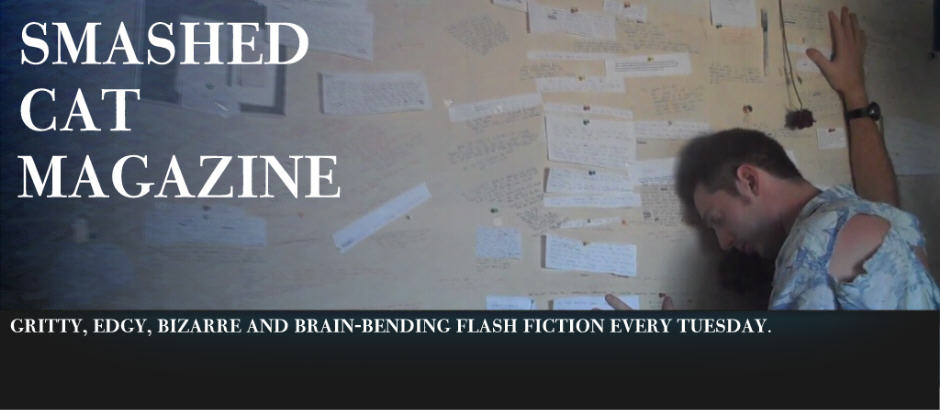11/26/13
Joey Fatone's Castle Mystery
By Jamey Strathman
The guests make their way through the treasure-filled lair only to encounter a sleeping Joey Fatone. Lightning strikes as Fatone stirs and awakens. His eyes are gentle but determined and he speaks with a voice that intrudes on the guests' minds. He says, "Hey everyone, I know it's been a long time, but there is nothing wrong with being addicted to parenthood."
The guide translates Fatone's foreign tongue. "Joey Fatone, the evil lord, will use the black cauldron to manipulate and control the soldiers of death."
Fatone says, "The meeting with Robert Englund and William Forsythe was collaborative as we defined ways to move our business relationship forward." Fatone then gouges his neck against the corner of a wall and collapses to the floor. The guests hear the sound of a whirring jet engine impacting, and then exploding somewhere.
Another door opens to an eerie hall that has the Cauldron Born lying on the floor in a pile of goo/ash. The guests are prompted to enter the hall. The sword of light is to the right and the Black Cauldron is at the center atop a pedestal. Fatone's silhouette materializes in a haze above the Black Cauldron. He whispers, "Sure, hey, I know what it's like being young. You're going to have fun. You're going to lash out. You're going to make mistakes. Everybody does."
The guide again explains Fatone's meaning: "Don't be afraid. It will all be over shortly. No one can escape from here and you'll be sacrificed to the Black Cauldron. Oh Satan's kiln... awaken and resurrect the soldiers of death! Rebuild an army without rivals! The Army of Death... rise!"
Fatone proceeds to summon the Cauldron Born, threatening to kill the guests and use the cauldron to make them join his army. "Looking at a gorgeous lady laying out at a beach can look like heaven to you. It's all about how you define heaven!" Fatone roars. The fear in the air and on the guests' faces is tangible.
A special guest is picked to wield the sword of light toward Fatone and destroy him with a powerful beam of heaven's energy. It is then directed at Fatone, who is ripped in half by its power. He lies crumpled up in a heap on the floor. He is bleeding from the mouth and his eyes are open but he is still dead. Fatone's corpse says, "I just feel like... humans are just a small speck in the universe," and is carried upward by a subatomic force.
The guests exit the cavern and walk to a nearby lawn. The guide makes a special presentation to the new hero, proclaiming that God is an infinite dimensional being and heaven is an infinite dimensional space. The guests feel obliged to quietly applaud.
- - -
Jamey Strathman is a huge piece of shit, and is inherently without worth. Other than that, he's homeless and doesn't really care about the upcoming cold season. Other than that, he lives in Portland, OR and doesn't know how to drive. Other than that, you've wasted your emotional energy on him.













